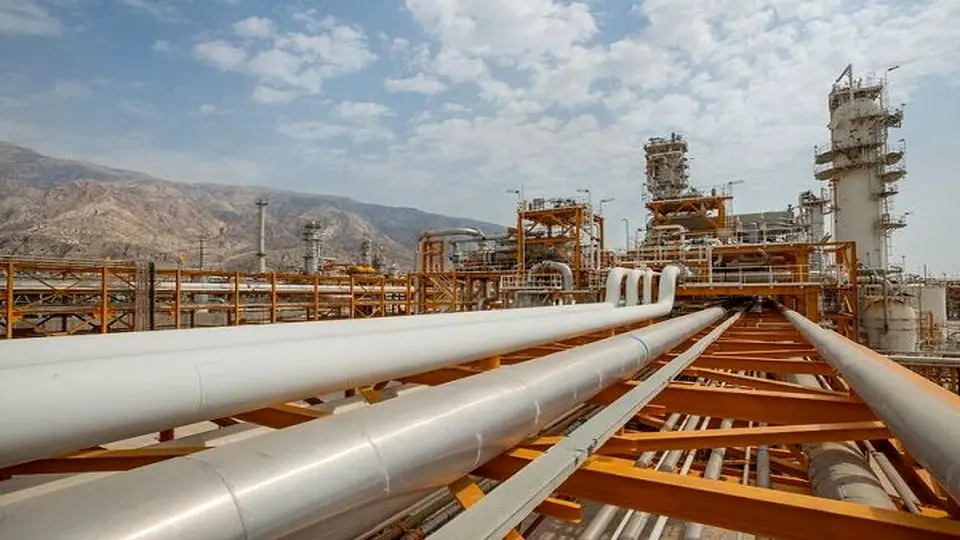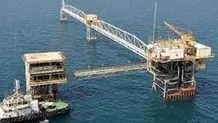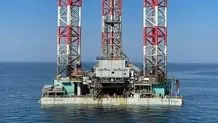Iran to meet 25% of gas demand from storage by 2026
Iran has plans to significantly increase the country’s natural gas storage capacity so that it can rely on underground storage for 25% of the total domestic demand by 2026.

MEHR: Iran has plans to significantly increase the country’s natural gas storage capacity so that it can rely on underground storage for 25% of the total domestic demand by 2026.
A Sunday report by the Fars news agency said that the Iranian Oil Ministry has plans to increase gas storage capacity in the country to a level in 2026 which can respond to 114 million cubic meters per day of gas usage.
The plans include the expansion of current underground storage facilities in Shurjeh, in northeast Iran, by drilling 28 new wells that could boost storage at the site to 4.5 billion cubic meters (bcm) per year.
The storage facility in Sarajeh, in Qom province in central Iran, will also expand as part of the plans to be able to store 1.5 bcm per year of gas
A large gas storage facility is planned to be built in the Mokhtar gas field, in the southern Iranian region of Yasuj, with 15 bcm per year of capacity while smaller storages are planned for Kashan in central Iran, Gorgan in the northeast and Ilam in the west of the country.
Unlike many countries in the world, Iran mostly relies on gas directly piped from production sites in the south to meet its massive gas demand.
The country also receives relatively large volumes of gas from Turkmenistan in its northeast under a swap arrangement which requires gas delivery of the same amount to Azerbaijan in the northwest.
However, experts say that direct consumption can cause resilience problems in the Iranian gas grid in the future, especially during cold snaps and peak demands.
Iran is currently the third largest producer of natural gas in the world with just over 1 bcm per day of output of which more than 90% is consumed domestically.




